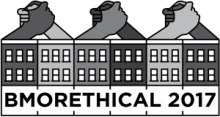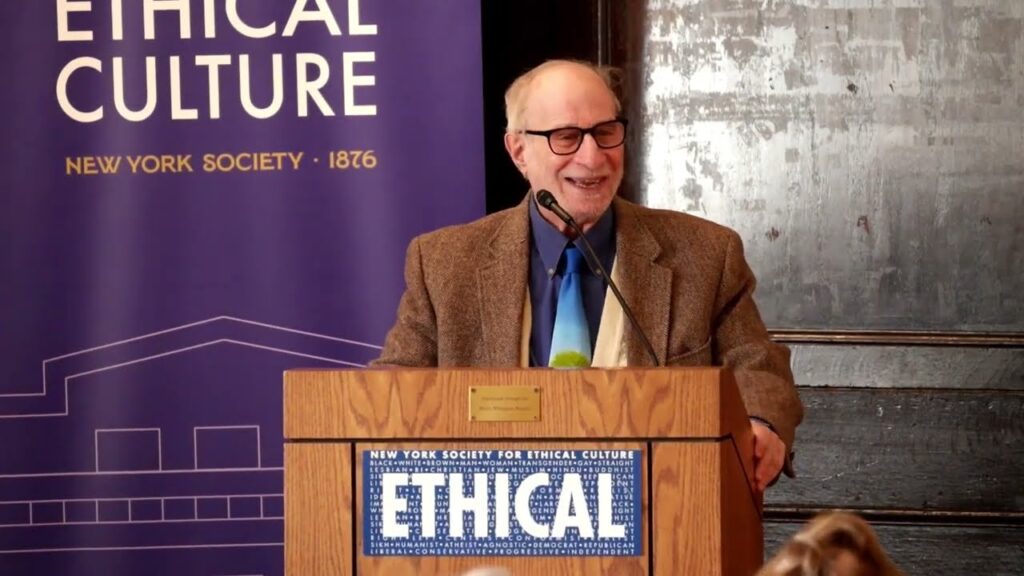
Proposed by the National Leaders Council of the American Ethical Union, March 2017, as amended and passed by the 102nd Assembly of the American Ethical Union, June 2017.
Whereas about four million Africans and their descendants were enslaved in the United States and the land that became the United States from 1619 until 1865, under a system that was accepted under law and in the original Constitution, and continuing as allowed under the 13th Amendment to this day, depriving human beings of life, liberty, citizenship, the fruits of their labor, and their cultural heritage;
Whereas those freed from enslavement, their descendants, and those who were identified as of the same race as those who had been enslaved, experienced social, political, cultural, and economic discrimination, often under the law and with constitutional protection;¹
Whereas there are numerous studies showing the persistence of negative effects from the enslavement of and discrimination against millions of people, and there is evidence that simply stopping acts of discrimination going forward would not remove the existing disparities;
Whereas such negative effects are found in educational opportunities, income and wealth, housing and food access, environmental racism, cultural erasure and exploitation, the criminal justice system including incarceration, and in health care;
Whereas, the evolution of the concepts of “race” and especially of “white racial superiority” as grounds for enslavement or discrimination both de facto and de jure is rooted in the history of enslavement and has had deleterious effects on all those not included as “white” in social definitions;
Whereas, the impact of harm may be disproportionate and distinctive for some groups of “people of color,” including women, LGBTQIA+ people, and immigrants of color;
Whereas, we of the American Ethical Union and its member Societies are committed to the full blossoming of human worth and dignity for all persons, recognizing that social, political, cultural, and economic disparities often suppress or limit such blossoming in those targeted, and that injustice ultimately damages the entire social fabric;
Whereas, the 2016 Assembly of the American Ethical Union, in a resolution on Systemic Racism, called “for its member Societies and individuals within them to actively participate in the dismantling and eradication of Systemic Racism, with the goal of equal rights and opportunity for all and the establishment of real justice in our nation”;
Therefore, we affirm efforts to study the lasting effects of the heritage of enslavement and racial discrimination especially on living African Americans, but also on other people of color, and on American society as a whole. We also affirm efforts to study ways that such lasting negative effects can be repaired, and to be involved in actions to repair such effects.
Further, we call on our national bodies, member Societies, and people who are part of those Societies, to study the effects and consider ways to repair such effects. We urge Societies, in addition to studying the overall problem, to find one or more areas to focus on where such injustice is experienced: educational opportunities, income and wealth, housing and food access, environmental racism, cultural erasure and exploitation, the criminal justice system including incarceration, and health care.
We understand the need to center the participation and voices of people of color in such efforts, so that no solutions are prescribed without the active consensual participation and accountable partnership of those most affected. We recommend as one aspect of this commitment that Societies and their members study proposals and legislative efforts which originate in communities of color, with an intent to identify initiatives the Society will focus on and support.²
We also urge that Societies and their members create or support programming to examine institutions we are part of, both as Societies and as individuals, to study effects of past complicity with enslavement and with de facto and de jure discrimination, to discuss and identify appropriate actions, sometimes local and with partner organizations, to move towards repair of such effects, and then to participate in such appropriate actions.
We ask that the Ethical Action Committee of the American Ethical Union provide educational resources to local Societies and members of those Societies that will help with such study and action, and that the American Ethical Union support such action with necessary financial resources and administrative support.
We urge the American Ethical Union to plan an Assembly on racial justice within the next three years.
¹The Supreme Court held many times after 1865 that laws discriminating by perceived race were constitutional, and even held that civil rights laws were unconstitutional. For example, see cases involving the Civil Rights Act of 1875, establishing the state-action doctrine, permitting private discrimination, and see Plessy v. Ferguson, 1896, not overturned until 1954.
²Examples of proposals the Society and members may wish to study include “Reparations” from the Movement for Black Lives (https://policy.m4bl.org/reparations) and H.R. 40 (https://www.govtrack.us/congress/bills/115/hr40/text).







